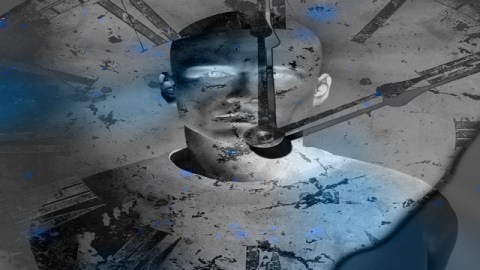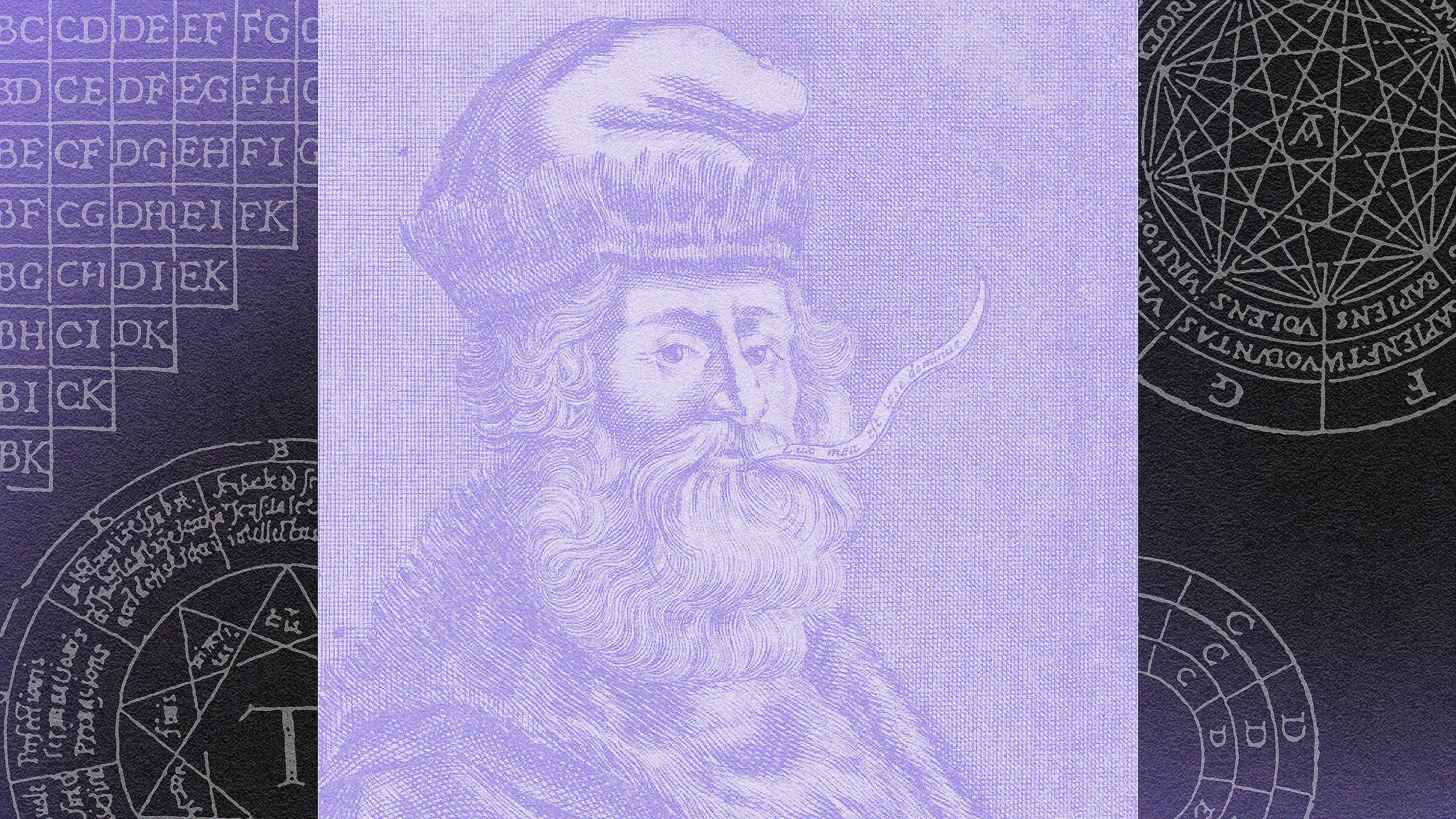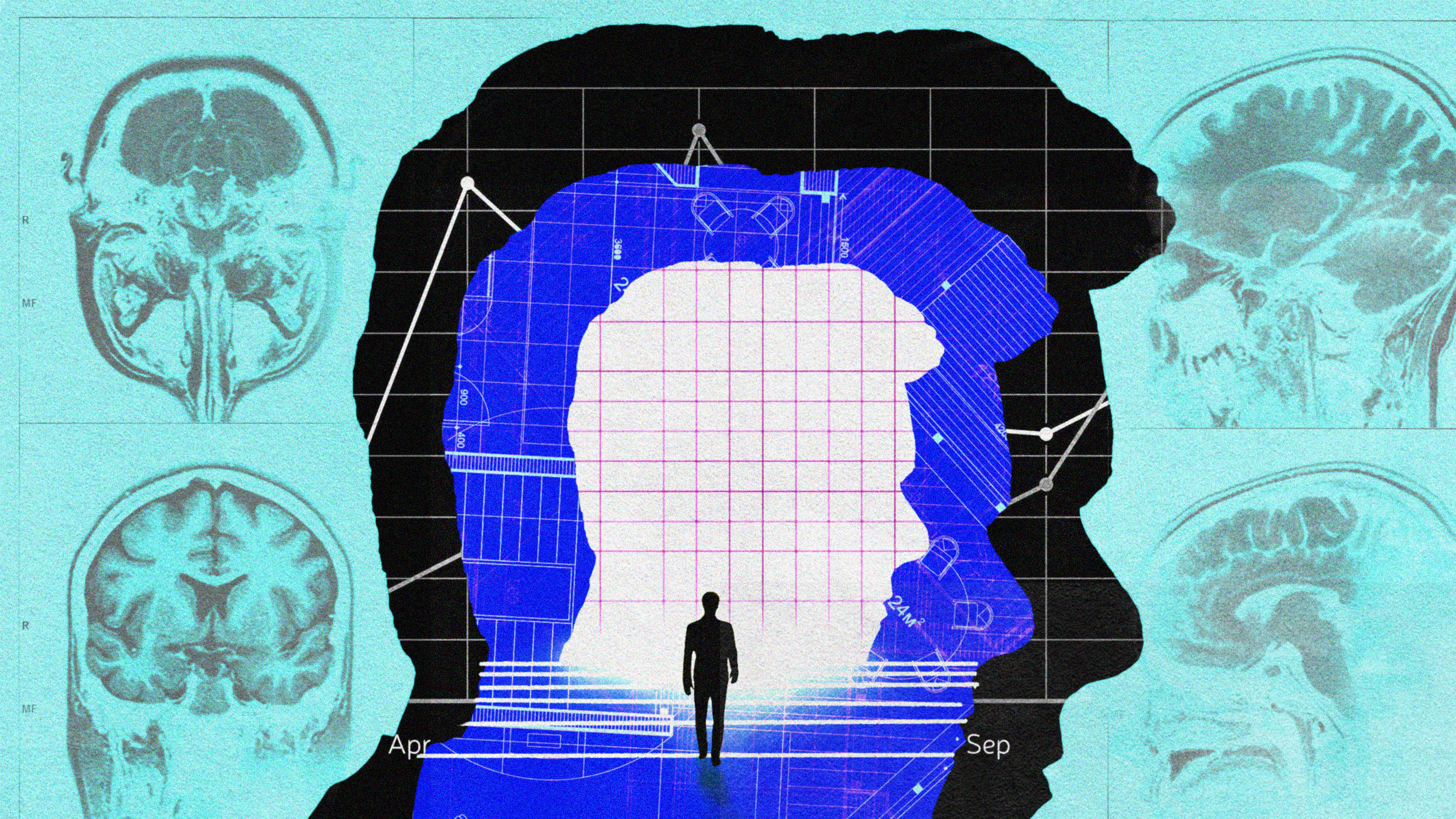How To Stop Time

Human beings have the capacity to stop time. It is, in fact, a commonly used capacity. We use our ability to stop time as a bulwark against the threat of disruptive newness that encroaches with the future. It also allows us to keep what we remember from turning into the mere past.
So how do we stop time?
The answer that I have in mind is: through ritual. Of course, ritual is not only or always a way of stopping time. But in this post I want to explore this connection: how ritual facilitates the felt perpetuity of the present.
This is the third of a series of posts on the nexus of temporality, self-understanding, and politics. In the first post (Are You A Paster, Presentist, Or Futurian?) I explored the possibility of dividing people according to their temporal orientation, rather than, say, according to their religion, ethnicity, and so on. In the second post (Are You Related To George Washington, Like I Am?) I reflected on the sense in which I am a Paster, hoping to draw out some more general thoughts about orientation toward the past. In what follows I will reflect on the sense in which I am Presentist with the intention of drawing out some more general ideas about orientation toward the present.
As I noted in last week’s post: if anything, I am actually a Futurian. Next week I will address this claim directly.
Since there are many kinds of rituals – and indeed many definitions of ritual – I will narrow the field with a stipulative definition of the kind of ritual that I have in mind. It has two components. First, a ritual is a schedule of actions that is meant to be repeated. Second, the repetitive enactment of it is understood by the enactors to be required on the basis of a “higher order” reason.
To be “required on the basis of a higher order reason” means, here, that there is an overriding reason to enact the ritual even when at a more immediate “lower” level you don’t feel like doing it or don’t want to do it. Some higher order reasons that function as the bases for rituals are: it will allow you to lose weight over time; it is constitutive of a proper and orderly day, without which there is the possibility of descent into depression and chaos; it is commanded by God.
In my initial reflection on the topic of temporal orientation I described the television show Friends (1994-2004) as quintessentially Presentist fiction. In each episode Ross, Chandler, Joey, Phoebe, Rachel, and Monica facilitate the repetitive expansion and contraction of a three-tiered cosmos that includes: the couch at the coffee shop (the center of the universe), the characters’ respective apartments (the next tier), and (farthest out) “New York City.” Girlfriends, boyfriends, jobs, even babies, come and go, but the repetitive structure of cosmic contraction and expansion around the centripetal coffee shop couch remains constant.
Arguably, Ross, Chandler, Joey, Phoebe, Rachel, and Monica are participants in a time-stopping ritual. The past is absorbed into the format of traded personal anecdotes that feed the hearth of intimacy. No monumental past event that is unrelated to the personal lives of the friends can trouble the waters.
The unpredictability and indifference of future events seems likewise overcome: every daily performance of the ritual reinforces the presumptive stability of the future – a future that just is the present ritual repeated.
Notably, the example of Friends illustrates the difficulty of attributing a higher order imperative to the ritual enactors. Surely the friends would not, if asked, describe their motivation in terms of a Presentist commitment to sanctifying the coffee shop couch.
It is generally the burden of the observer to offer a plausible interpretation of the repeated action in order to make it count as a ritual in the relevant sense. And even when the claim “this is a ritual” is plausible, it only provides observers with a good way to describe what they see. It need not (and perhaps should not) penetrate the vocabulary and self-understanding of the enactors, whose reasons for action may persist as inarticulate, inchoate, and subconscious.
On the other hand, it is possible to reflect on your own actions in order to determine the extent and significance of ritual in your life. My own life has included phases of intense ritual practice, which have given me a sense of how radical time-stopping ritual can be.
As a graduate student studying religion and ethics there were stretches of months (ultimately years) in which I was entirely absorbed into a daily ritual of textual immersion. I would wake up at around 6:30 in the morning, shower and shave, make coffee, shovel down some cereal or a bagel, take the few paces over to my desk, and then plummet into some text until noon. Then a sandwich and chips for lunch and back into the text until dinner at six (probably Pad Thai or Pizza). Maybe a trip to the library or bookstore after dinner, or perhaps a bit more reading. Usually a couple of hours glassy-eyed watching TV or a movie before sleep. Then repeat.
At its most extreme, during these phases of ritual intensity phone calls, personal encounters, class periods – all were concessions rushed-through dismissively to get back to my desk, back to my routine. Without interruption, long successions of days felt perfectly ordered in a beautiful repetitive orchestration, like celestial spheres in motion.
Ostensibly, the higher order reasons for my ritual were curricular: doing the readings assigned in a class, following the idiosyncratic trail of texts that would lead me to my own original scholarship, studying for doctoral examinations, etc.
But there was a more powerful higher order reason too. I thought: the perfectly executed, focused, uninterrupted day of study is the perfect day and a life composed of such days is a life well lived. I still sometimes have this thought.
Other factors keep me from slipping into the eternal present of study for its own sake: people that I love, various kinds of responsibilities, professional expectations, etc.
But I can imagine time stood still, where past, future, and other people disappear into the two-dimensional background. In the eternal present of ritual study the text alone is three-dimensional. Everything outside of the text is trivial.
This path, or some similar path, may be open to you. But be careful. If you manage truly to stop time it means that you’re dead.





